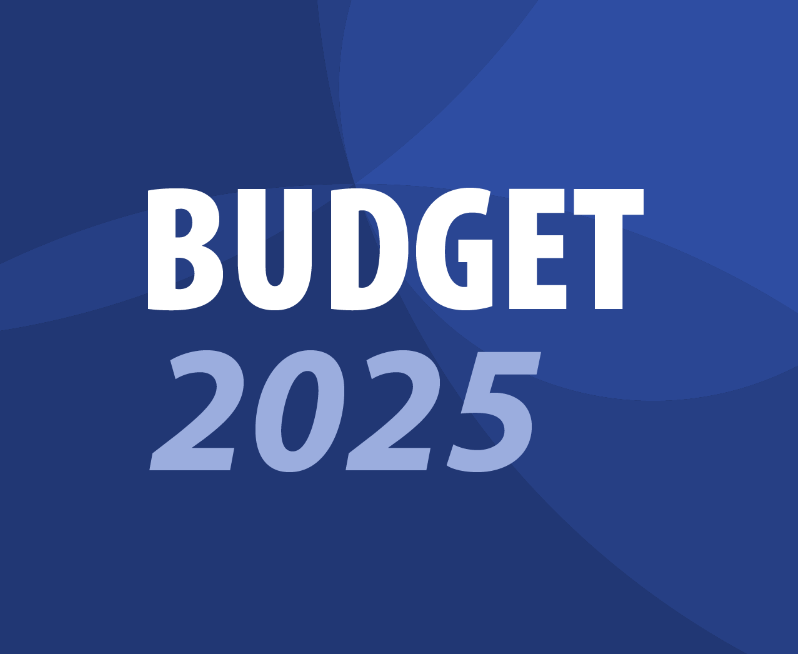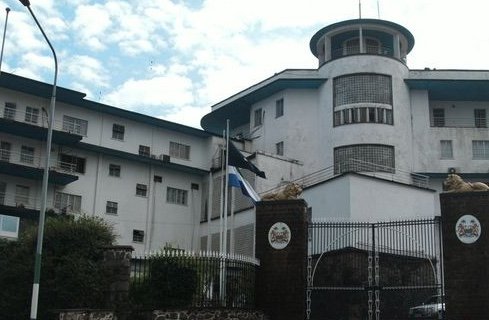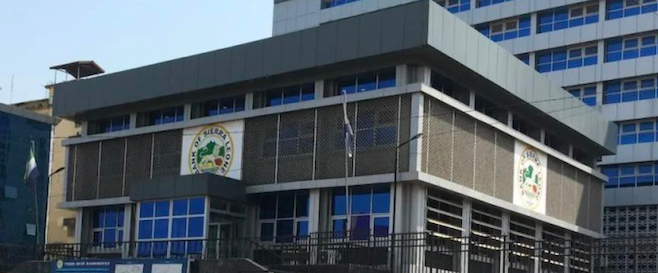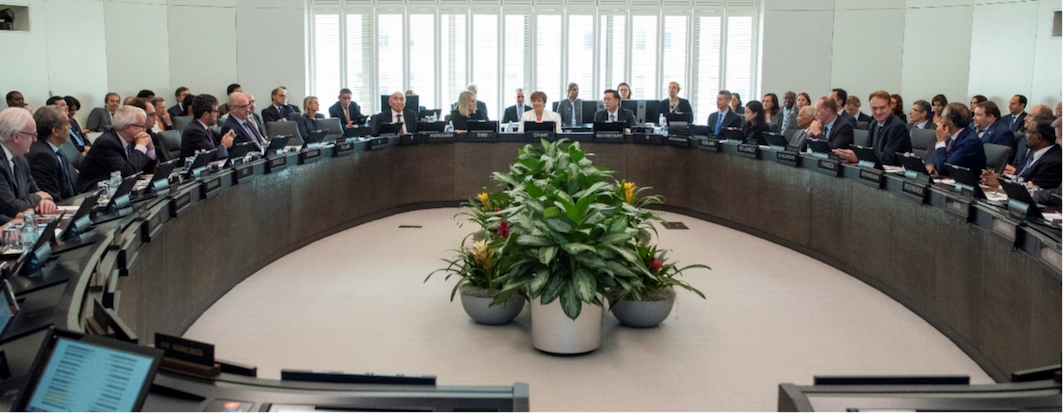26/11/2024 Finance
 2025 Budjet
2025 Budjet
The 2025 budget aims at reducing inflation, improve social security, and develop infrastructure even as government acknowledged various challenges to sustainable growth in the economy. Among others the government has identified volatile international markets, investor uncertainty and political unrest as great challenges to its reforms.
“With the economy expected to grow by 4.5% in 2025 and inflation continuing into 2027, the government will focus on promoting change and protecting the lives of Sierra Leoneans. The government is committed to achieving 4.5% growth in 2025, reducing inflation to 14.9%, and promoting socioeconomic integration”. Consequently, in fiscal 2025, the Sierra Leone state is investing in capital projects and socio-economic projects that would have serious positive impact on the people. The Feed Salone initiative a school feeding program for over 500,000 children is continuing while construction of hospitals and strengthening of energy projects with emphasis on rural electrification are taking pride of place. Presenting the 2025 budget, the Minister of Finance Mr Ahmed Bangura disclosed that fiscal discipline, economic resilience and human development programs would drive citizens' well-being in the coming year.
Titled “Enhancing the Welfare and Living Condition of Sierra Leoneans,” the budget statement captures the bold aspirations of government to improve food security, human capital development, to promote agricultural self-sufficiency “whilst carving out grounds for lasting fiscal reforms, growth through infrastructure development, social protection and climate change adaptation”. The government has significantly increased the national budget in the past 3 years, reflecting its commitment to economic recovery, resource mobilization, and strengthening tax administration. Approved budget for 2023 was at NLe 13.74 billion. This figure surged to NLe 21.46 billion in 2024, representing a 56% increase in just one year. For the 2025 fiscal year, the government has unveiled an ambitious budget of NLe 35.3 billion, marking a staggering 64.5% rise from 2024 and a cumulative growth of 157% over the three-year period.
This’ a demonstration of the administration's focus on stabilizing the economy and in addressing resource mobilization challenges. The 2025 budget, which represents approximately 18.3% of Sierra Leone's GDP, underscores the government's strategy to prioritize fiscal consolidation while making critical investments in key sectors.
A key focus for the year 2025 is the emphasis on tax compliance and administration. This is vital, as enhanced revenue collection could reduce the country's reliance on external financing and help decrease fiscal deficits. Strengthening the tax system is expected to increase domestic revenue mobilization, enabling the government to fund essential services such as healthcare, education, and infrastructure.
The dramatic rise in budget allocation signals a deliberate effort to stabilize the economy following years of external shocks, including the COVID-19 pandemic and the global ripple effects of the Ukraine war. Investments under the 2025 budget are poised to stimulate economic activity, particularly in agriculture and mining, which are key growth sectors.
By Joan Bannister
& John Marah
07/11/2024 Executive
 Debt Graph
Debt Graph
The International Monetary Fund (IMF) is concerned about what it called the rapid rise in global public debt, which it has projected to hit $100 trillion in the next 2 months.
The fund expressed its worry and concern saying that by the end of year 2024, total world’s public debt would have escalated to 100 trillion United states dollars. According to the fund, global public debt is very high. “It is expected to exceed $100 trillion (93 percent of global GDP) in 2024 and to keep rising through the end of the decade (approaching 100 percent of GDP by 2030)”. It called on policymakers all over the world to focus on fiscal policy that would stabilize debt and create room for investments that can drive global economic growth. “global economic growth is expected to remain steady at 3.2 percent this year and next (2025). However, public debt is projected to surpass $100 trillion, or 93 percent of GDP, by the year's end.”
In its Annual Fiscal Monitoring report, the Fund highlighted the challenges of overcoming the "unforgiving combination" of low growth and high debt while addressing the lingering public discontent over inflation-induced spikes in consumer prices.
“In a severely adverse scenario, global debt is estimated to be nearly 20 percentage points of GDP higher three years ahead than the baseline projection, reaching 115 percent of GDP. Much larger fiscal adjustments than currently planned are required to stabilize (or reduce) debt with high probability. Now is an opportune time for rebuilding fiscal buffers and delaying is costly. Rebuilding fiscal buffers in a growth-friendly manner and strengthening fiscal governance is essential to ensure sustainable public finances and financial stability”
However, the fund projected debt to stabilize or decline in about two thirds of countries, “it will remain well above levels foreseen before the pandemic.”
Countries where debt is not projected to stabilize account for more than half of global debt and about two-thirds of global GDP. The fund is of the opinion that there are good reasons to believe that future debt levels could be higher than currently projected pointing out that the political discourse on fiscal issues has increasingly tilted toward higher government spending in recent decades.
“Fiscal policy uncertainty has increased, and political redlines on taxation have become more entrenched. Spending pressures to address green transitions, population aging, security concerns, and long-standing development challenges are mounting”. It added that further, past experience shows that projections tend to systematically underestimate debt levels: realized debt to-GDP ratios three years ahead are, on average, higher than projected by 6 percentage points of GDP.
“Rebuilding fiscal buffers in a growth-friendly manner and containing debt is essential to ensure sustainable public finances and financial stability”.
By Reuben Adewale

By John K. Marah

By John K. Marah
By Vicky Sawyerr

By Vicky Sawyerr